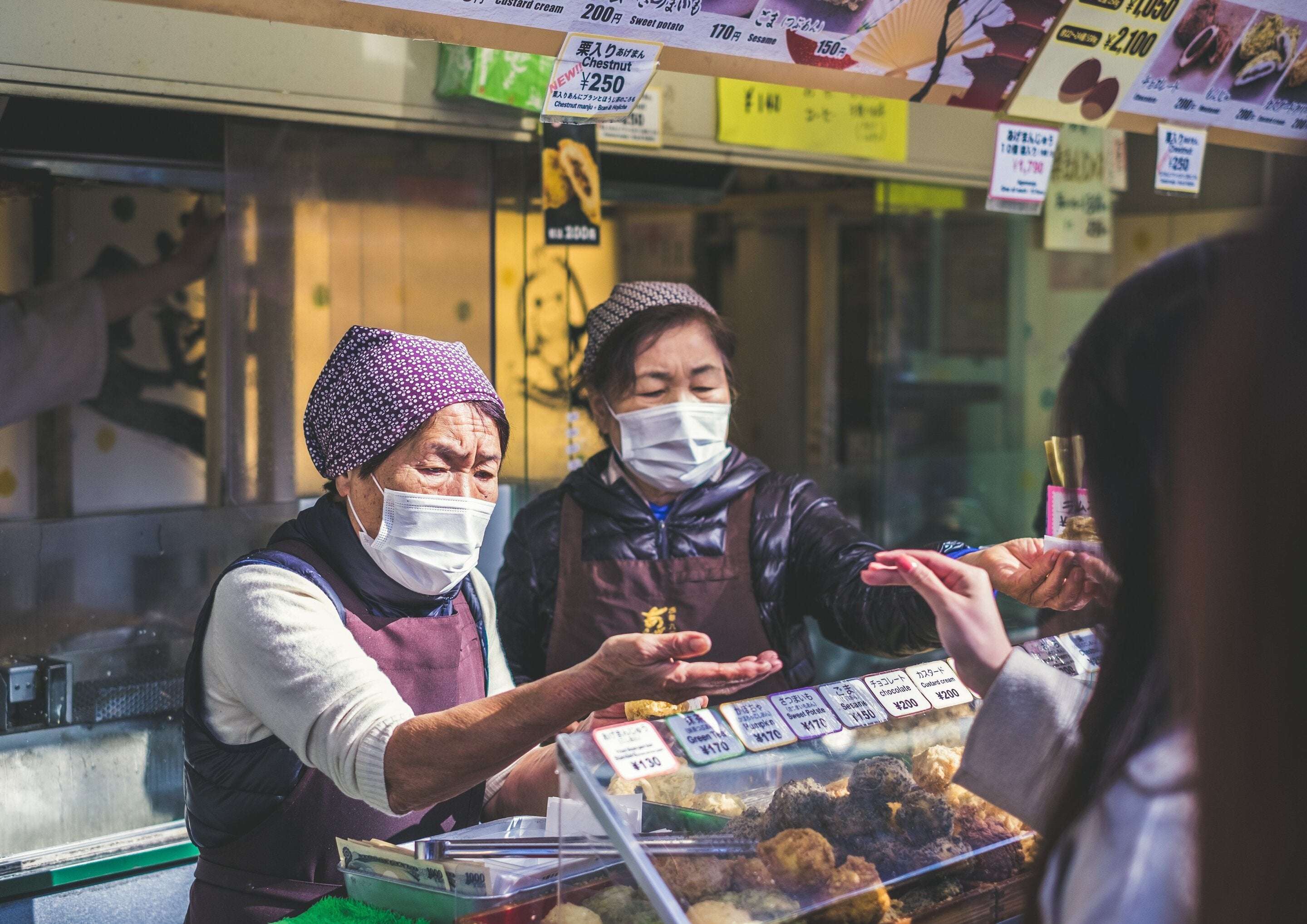People living in the United States who believe, or know, they are COVID-19 positive are more likely to lie about their physical distancing practices when compared to people who believe they are free of the virus, new Brock University research has found.
Although rates of lie-telling are fairly high, concealment drops in older populations and among those who are community-oriented, says the Brock study "Dishonesty during a pandemic: The concealment of COVID-19 information."
"This study highlights the difficulties in trying to accurately track and prevent the spread of the virus," says Ph.D. student Alison O'Connor, who co-authored the study with her supervisor, Associate Professor of Psychology Angela Evans.
"In accurately tracking COVID experiences and COVID rates during the pandemic, we're relying on people honestly disclosing this information," O'Connor says.
Participating in the research were 451 adults ages 20 to 82 years living in the U.S. Most identified as having a post-secondary education.
Through an online questionnaire, O'Connor and Evans asked participants about their physical distancing practices, COVID-19 symptoms and status, whether they've been instructed to quarantine, and their moral evaluations of others' COVID-19 concealment.
Participants were asked a series of questions to determine if they had concealed any of their COVID-19 behaviors. They also completed the Communal Orientation Scale to measure the extent to which they believe that they should help others and that others' needs are important.
34 percent of COVID-19 positive participants had denied having symptoms when asked by others; 55 percent reported some level of concealment of their symptoms
25 percent of participants reported some level of concealment of their physical distancing practices; those with COVID-19 had higher physical distancing concealment
53 percent of COVID-19 positive participants denied needing to quarantine when asked by others
those who concealed their own COVID-19 status and behaviors were less critical of others for doing so
females were more readily disclosing health symptoms during this pandemic compared to males
older adults and those who scored higher on the Communal Orientation Scale were more honest about their COVID-19 status and behaviors
O'Connor says people may tell "health-related lies" such as what the research has uncovered to avoid stigma, judgment and social repercussions, especially if they haven't followed COVID-19 protocols.
"It can be hard to disclose health information, especially during this uncertain time," she says. "Sometimes, psychologically we may feel safer to conceal or lie about something to protect ourselves."
O'Connor says she hopes the research will lead to discussions and programs that will support people in disclosing their sensitive health information and overcoming anxieties in doing so. This could extend beyond COVID-19 to other physical and mental health conditions.
"It's important to not necessarily blame people who are concealing this information, but to understand the barriers that are there from preventing them from telling the truth," says O'Connor.
Although a similar study hasn't yet been conducted in Canada, she expects "there would be a similar pattern of lie-telling among Canadians."
Evans says that, given their research finding that community-oriented people tend to lie less about their COVID-19 experiences, "it's possible that governments and campaigns promoting togetherness and collectivity would have lower lie-telling rates."
"An important next step may be to explore the effect of different pandemic procedures on disclosures to help us to better understand potential differences in lie-telling across countries," says O'Connor.
The research, funded by the Social Sciences and Humanities Research Council of Canada (SSHRC), was published August 17 in the Journal of Health Psychology.
Explore further Follow the latest news on the coronavirus (COVID-19) outbreak
More information: Alison M O'Connor et al. Dishonesty during a pandemic: The concealment of COVID-19 information, Journal of Health Psychology (2020). Alison M O'Connor et al. Dishonesty during a pandemic: The concealment of COVID-19 information,(2020). DOI: 10.1177/1359105320951603

ruinthall on August 22nd, 2020 at 14:34 UTC »
I was working a local CSA and we had to turn a woman away because one of the farmers knew her through someone and saw on Facebook that she had coronavirus. This woman showed up to collect produce in a line of 50 people with tables full of fresh organic food and thought it was ok because she thought no one knew she had it. Fuck these people.
mntgoat on August 22nd, 2020 at 14:00 UTC »
Did I read that right, over 50% felt like they didn't have to quarantine with a covid positive result?
Tsakax on August 22nd, 2020 at 13:14 UTC »
Well we have pretty much trained our society to lie about sickness so this makes sense.
Many people don't have sick time and even in this specific case a lot of employers require a positive test results which takes 7-14 days to get.
I bet if people did not have to fear for their jobs they would probably be more honest about it.